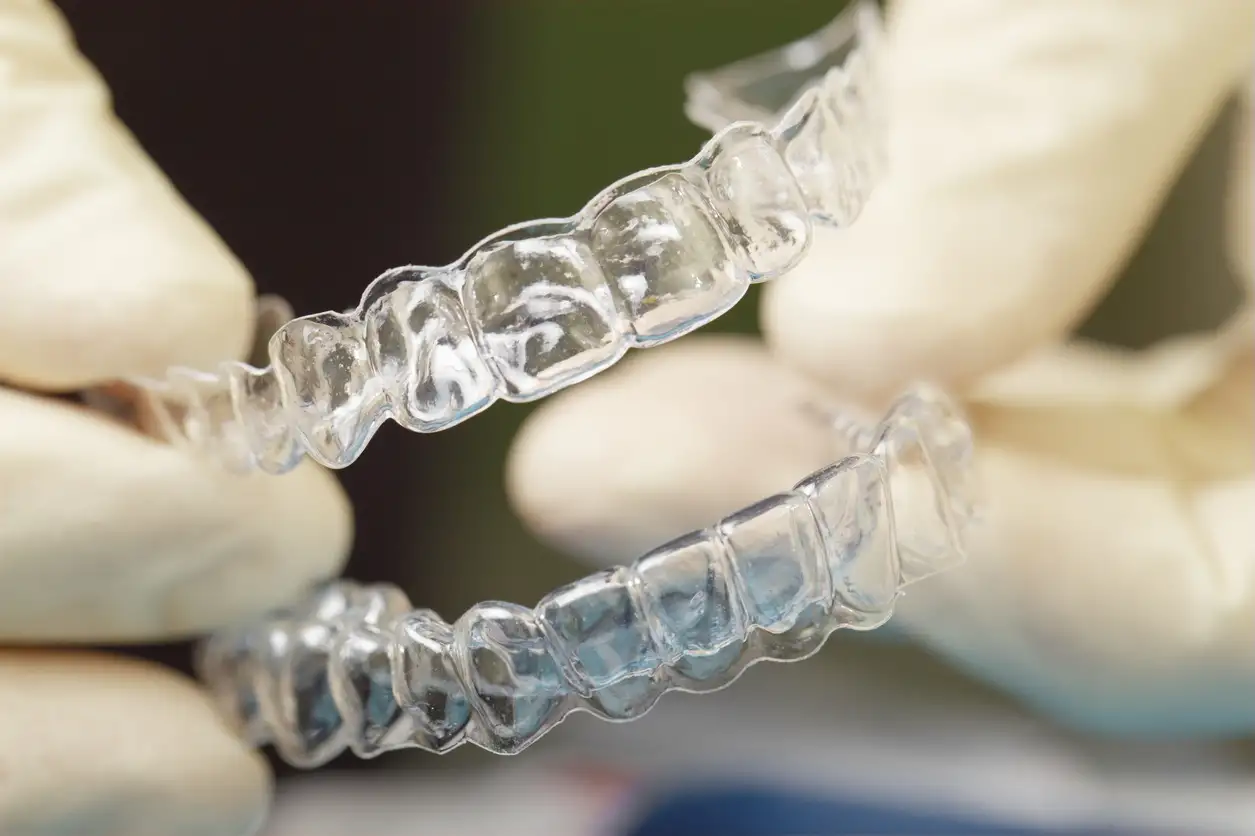Restore Your Smile with Trusted, Affordable Dental Implants
Missing teeth can affect more than just your appearance — they can also impact your speech, confidence, and overall quality of life. Dental implants offer a modern solution for tooth loss. Designed to look and feel like natural teeth, they help restore normal function for everyday activities like eating and speaking. Whether you've lost one tooth or several, implants can support both your smile and your confidence. If you’re considering solutions for tooth loss, discovering how implants work might help you decide if they’re right for you.

What are dental implants and how do they work?
Dental implants are artificial tooth roots surgically placed into the jawbone to support replacement teeth. They typically consist of three parts: the implant (a titanium post), an abutment (a connector), and a crown (the visible part of the tooth). The implant fuses with the jawbone through a process called osseointegration, creating a stable foundation for the artificial tooth. This fusion mimics the function of natural tooth roots, providing strength and stability for biting and chewing.
What are the benefits of choosing dental implants?
Dental implants offer numerous advantages over traditional tooth replacement options:
-
Natural appearance and feel: Implants look and function like natural teeth, enhancing your smile and confidence.
-
Improved oral health: Unlike bridges, implants don’t require altering adjacent teeth, preserving more of your natural tooth structure.
-
Durability: With proper care, implants can last a lifetime, making them a long-term solution for tooth loss.
-
Bone preservation: Implants stimulate bone growth, preventing the bone loss that often occurs with missing teeth.
-
Enhanced comfort and speech: As they’re fixed in place, implants eliminate the discomfort and speech issues often associated with removable dentures.
Who is a good candidate for dental implants?
While many people can benefit from dental implants, ideal candidates typically have:
-
Healthy gums: Gum disease can interfere with the healing process and implant success.
-
Sufficient bone density: Adequate jawbone is necessary to support the implant. However, bone grafting can sometimes be an option for those with insufficient bone.
-
Good overall health: Certain medical conditions and habits, like smoking, can affect healing and implant success.
-
Commitment to oral hygiene: Proper care is crucial for the long-term success of dental implants.
It’s important to consult with a dental professional to determine if you’re a suitable candidate for implants.
What’s the difference between implants and dentures?
While both implants and dentures replace missing teeth, they differ significantly in function and care:
-
Permanence: Implants are permanent fixtures, while dentures are removable.
-
Stability: Implants are anchored to the jawbone, offering superior stability compared to dentures.
-
Bone preservation: Implants stimulate bone growth, while dentures can lead to bone loss over time.
-
Maintenance: Implants require care similar to natural teeth, while dentures need special cleaning and occasional adjustments.
-
Longevity: With proper care, implants can last a lifetime, whereas dentures typically need replacement every 5-8 years.
What unique considerations exist for dental implants?
When considering dental implants, it’s important to be aware of several factors:
-
Time commitment: The implant process can take several months from start to finish, involving multiple procedures and healing periods.
-
Initial cost: While implants can be more cost-effective in the long run, they often have a higher upfront cost compared to other tooth replacement options.
-
Surgical procedure: Implant placement involves oral surgery, which carries some risks, albeit minimal.
-
Potential need for additional procedures: Some patients may require bone grafting or sinus lifts before implant placement.
-
Insurance coverage: Many dental insurance plans don’t fully cover implants, classifying them as a cosmetic procedure.
How much do dental implants cost?
The cost of dental implants can vary significantly based on factors such as the number of implants needed, the complexity of the case, and geographical location. However, it’s important to consider the long-term value implants provide.
Here’s a general price range for dental implants in the United States:
| Procedure | Estimated Cost Range |
|---|---|
| Single Tooth Implant | $3,000 - $4,500 |
| Multiple Tooth Implants | $6,000 - $10,000 |
| Full Mouth Implants | $20,000 - $45,000 |
Prices, rates, or cost estimates mentioned in this article are based on the latest available information but may change over time. Independent research is advised before making financial decisions.
It’s worth noting that while the initial cost of implants may be higher than other options, their longevity and low maintenance requirements often make them a cost-effective choice in the long run. Many dental offices offer financing options to help make implants more affordable. Additionally, some dental insurance plans are beginning to offer partial coverage for implants, recognizing their long-term health benefits.
Dental implants represent a significant advancement in tooth replacement technology, offering a durable, natural-looking solution for missing teeth. While they require careful consideration in terms of candidacy, cost, and time commitment, the benefits they provide in terms of function, aesthetics, and long-term oral health make them an attractive option for many people facing tooth loss. As with any dental procedure, it’s crucial to consult with a qualified dental professional to determine the best treatment plan for your individual needs and circumstances.
This article is for informational purposes only and should not be considered medical advice. Please consult a qualified healthcare professional for personalized guidance and treatment.




